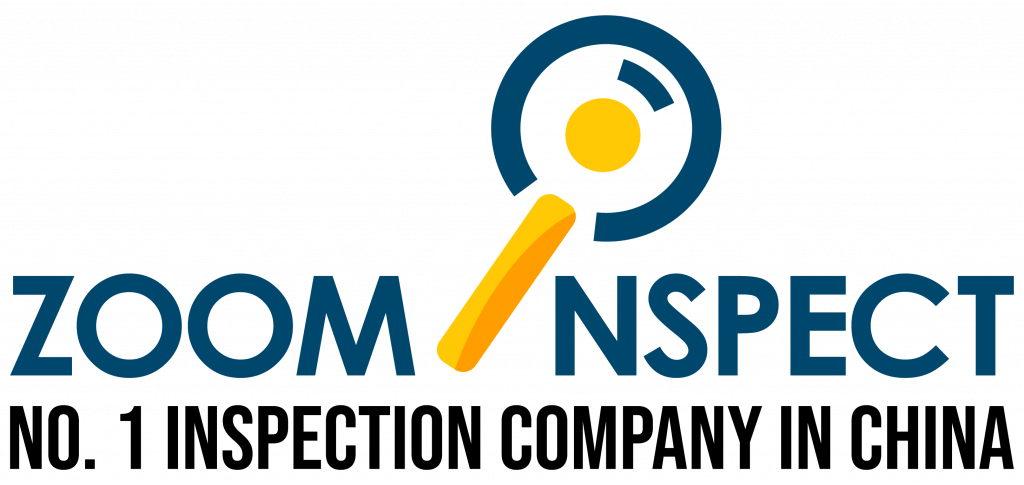In today’s progressively interconnected world, businesses that seek to conduct commerce in the Chinese market must have a solid awareness of the legislation and requirements for inventory inspections in China. An overview of Chinese inventory inspection standards and regulations is given in this guide, along with details concerning the purpose, objectives, and methods of enforcement.
How Do Inventory Inspections Operate?
Inventory inspections are a vital element for a company’s operation. They guarantee effective inventory management by providing valuable data regarding the condition of a company’s inventory. Inventory inspections entail a thorough evaluation of goods stored in a business’s warehouse or alternative storage facility. This includes counting and inspecting the supplies to ensure that the correct quantity is readily accessible and that the products meet the standards for quality. The inspection might also reveal any discrepancies between physical counts versus what is documented in the business’s financial records.
Inventory inspections are often performed on a regular basis, such as once per month or perhaps quarterly. The extent and complexity of the inventory determine the frequency and scope of the inspection. It is essential to train staff members to spot inconsistencies or issues with inventory items during an inspection. This involves ensuring that products are appropriately labeled, stored securely, and in perfect condition, as well as that they’re not expired or damaged.
The Purpose of Inventory Inspections in China
Inventory inspections in China are conducted to make sure that products and commodities being imported or exported comply with local regulations and satisfy the necessary standards for quality. In addition to shielding customers from substandard or potentially hazardous products, these inspections shield businesses from potential financial losses brought on by subpar or defective products.
Inventory inspections may also assist with pinpointing prospective areas for improvement and ensuring that workers are adhering to the company’s inventory management policies. The inspection’s findings may be utilized to improve the inventory system by establishing more efficient inventory management systems and streamlining the tracking procedures.
Requirements of Inventory Inspections within China
To guarantee that commodities and products satisfy the relevant standards and regulations, all imported or exported products must undergo an inspection before they can be legitimately traded in China. These inspections are generally carried out by independent third-party inspection agencies, and they must include an in-person evaluation of the product to ensure the product’s quality.
Along with a thorough assessment of the product’s quality, the inspection report needs to be acknowledged by the importer/exporter and the quality inspector once the products have been thoroughly examined. Details on the product’s origin, quantity generated, and any unique specifications it needs to fulfill must also be included in the report’s contents.
The Enforcement of Inventory Inspections in China
The Chinese government has established several different enforcement mechanisms to ensure that the laws and requirements for inventory inspections are effectively enforced. These include fines and other penalties for businesses that fail to keep up with the regulations, as well as legal repercussions for individuals who are proven to be in breach of the regulations.
When executing inventory inspections, businesses are obligated to adhere to certain guidelines and specifications established by the Chinese government. The GB (Guobiao) Standards, the national standard for commodities in China, represent one of the most significant among them. The GB standard addresses every aspect of inventory, including energy conservation, sustainability, as well as security and reliability of products. There are two distinct categories of China GB standards: Recommended and Mandatory. In China, mandatory standards and other technical requirements are enforceable by law. They pertain to the preservation of personal belongings, human health, and confidentiality and are upheld by legislative or administrative rules. Any standards that don’t fit into these categories are regarded as recommended standards.
The China Compulsory Certification (CCC) framework is an additional regulatory structure that governs a wide variety of products through compelled endorsement. The objective of this regulatory framework is to guarantee that all products that are traded through China conform to stringent safety and high-quality requirements.
Businesses also have to abide by a variety of industry-specific norms and guidelines in addition to the aforementioned restrictions. The China Textile Industry Association (CTIA), for instance, is in charge of overseeing the country’s textile sector and establishing guidelines for the safety and caliber of textile goods.
Choose Zoominspect for Impeccable Inventory Inspections in China!
Inventory inspections conducted in China must adhere to Chinese laws and requirements. At Zoominspect, our team of competent and experienced inspectors is up to date on current and contemporary industry standards and regulations, and we possess a thorough grasp of Chinese rules and standards. We are dedicated to assisting our clients in adhering to these rules and specifications while making sure that their products satisfy the necessary quality requirements.
With our knowledge and experience at Zoominspect, we can guide you through these regulations while also making sure your products adhere to the requirements. You may rest easy knowing that your inventory inspections are in capable hands when you partner with us.


